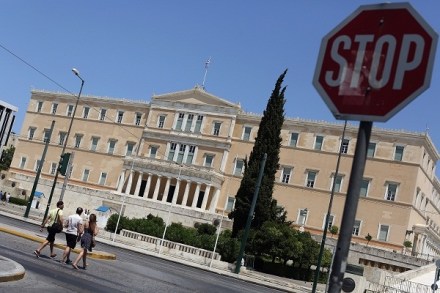Fuel for a duel
Dear commuter, how’s your journey panning out after you were woken by the sound of Ed Balls politicking about fuel duty? The shadow chancellor was a ubiquitous presence on the airwaves earlier (to say nothing of the tabloid press), laying out his opposition to the planned 3.02p fuel duty rise. He was on fine form, playing the caring shadow chancellor with the ease that Andrea Pirlo takes penalties. The rise would be, he said, ‘a real own goal’. Families are struggling. We’re in a recession. The price of oil has fallen by 20 per cent since Christmas but that has not been passed on to the consumer at the pumps.



















